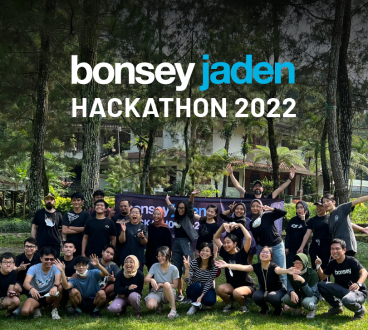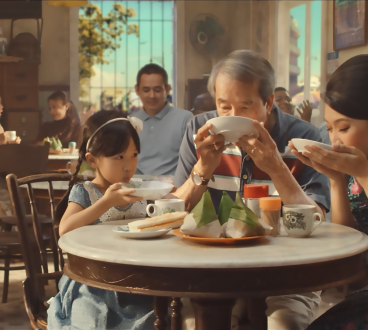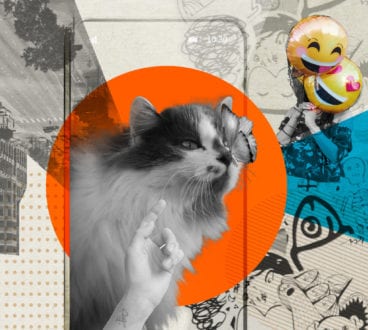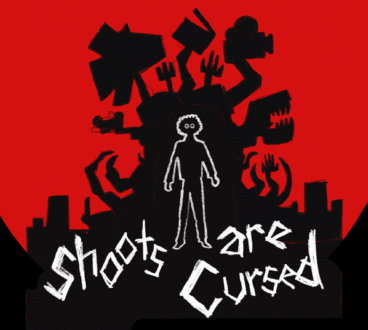Over the course of the lockdown period of COVID-19, I joined The Standard Economic Forum and found one interesting statistic from KANTAR’s model for consumer segmentation—48% of Thais are ‘fighters.’ But what does that mean?
COVID-19 has certainly affected everyone around the world, with every business and individual needing to adapt constantly. In my experience, however, I have found that the Thai take on survival during these unpredictable times contains a unique sort of toughness—a joyful irrepressibility that cannot be stamped out, even in the face of a global health crisis.
When restaurants were forced to close, for example, shabu-shabu and sukiyaki establishments provided a delivery service with free equipment (like the iconic pots) so people could enjoy it at home. These offers sold out in a day, being that the price was more than worth it, and people were able to replicate their normal dining experience.
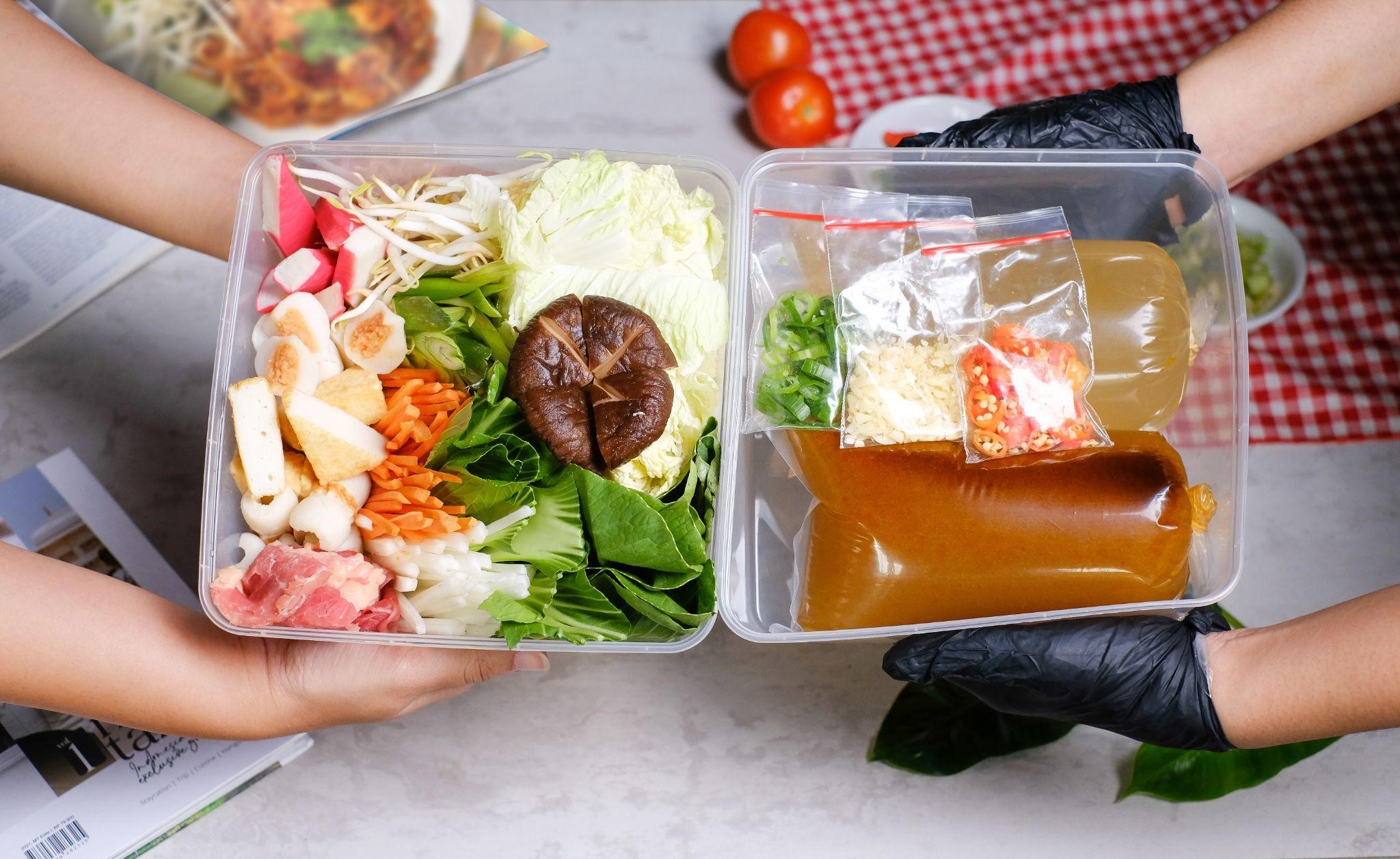
Among others, AirAsia sold bubble tea—not to gain profit but to sustain cash flow; five-star hotels offered lunch boxes, offering hotel-standard food at an affordable price, allowing Thais to indulge in five-star food while paying not more than 100 THB per serving; cosmetic counter brands did direct sales, calling their members and customers from their database. A premium menswear brand even adapted to offering steak deliveries—an inspired feat of masculine branding. Pilots who were grounded at the time opted to go into food delivery or start air-conditioner cleaning services. Delivery businesses were in turn partnering with local taxi and TukTuk lines to support one another when no one could commute or travel. Even famous musical artists sold grilled pork on the streets.
On a personal note, we met good-looking Grab delivery riders with a variety of looks—from baby-faced pretty boys to handsome older gentlemen—at our doors. We even had muscular Muay Thai boxers on certain days, when sporting events and recreational spaces were a no-go. These scenarios became a trend on social media, with young women documenting the beautiful men who arrived at their doors, joking that they were their new boyfriends.
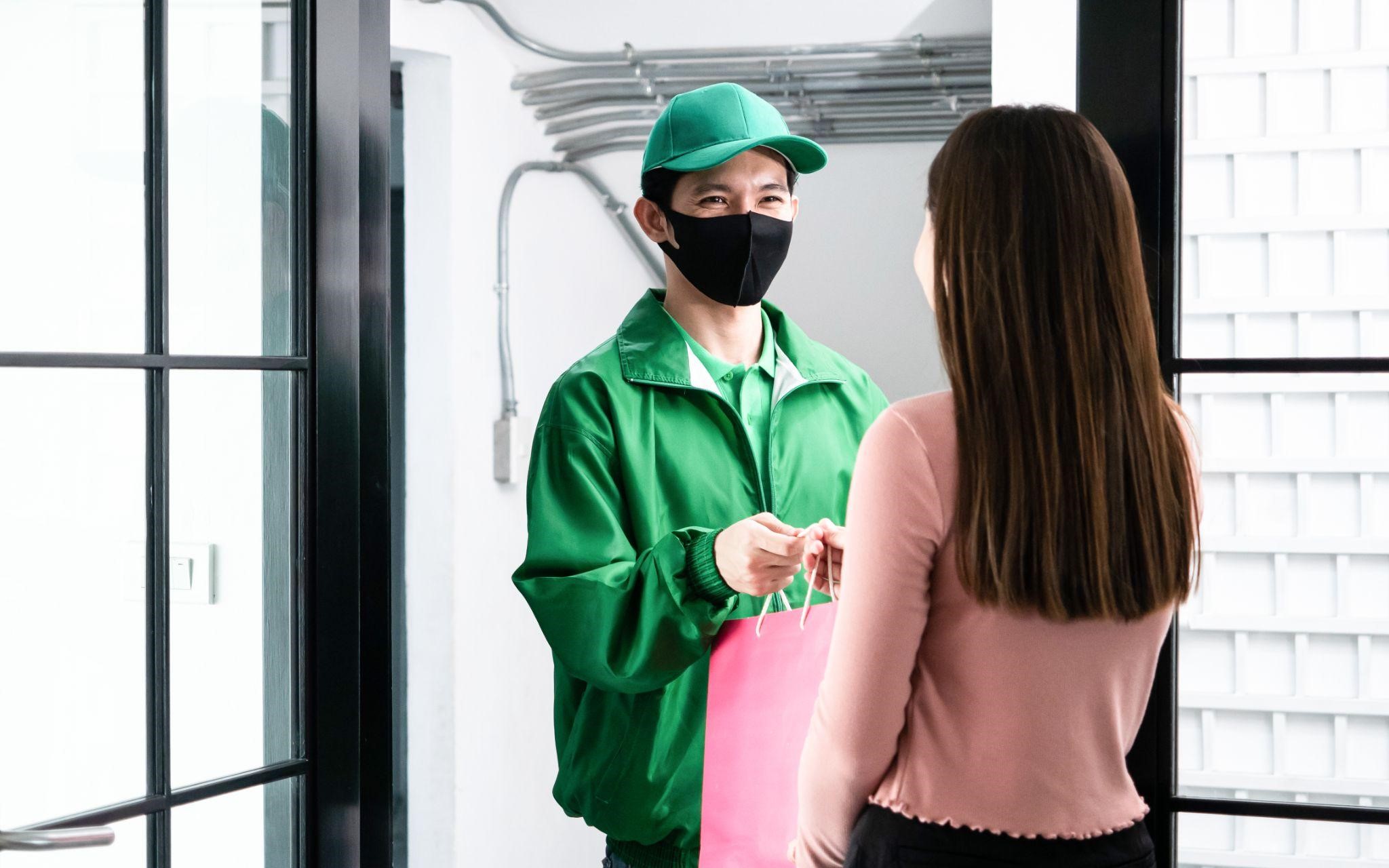
A strong trend to note is the growth of social commerce in Thailand over the lockdown. Schools, universities, advertising agencies, and small communities started creating their own social pages to better showcase their services—sometimes to sell food—to their growing circles of influence. Given the almost instinctive generosity of Thai people, it was a very popular trend that helped support smaller communities to thrive unexpectedly.
Although other, vastly different cultures may find this baffling, I truly believe that this generosity—the good heart in us all—is what got Thailand through.
Undoubtedly, hospitals in Thailand were having the hardest go of it. Support Thai Heroes was a community page that started off as an initiative project to support the purchase and delivery of masks, PPE gowns, and medical instruments for 40 hospitals all over the country. Although the project only asked locals for donations of 20 THB per person through their social media platform, they received 30,000,000 THB in only a few days, thanks in large part to celebrities sharing the content. This began a string of other initiatives in different provinces to do the same for their local hospitals. On top of their donations, individuals began creating their own handmade face shields and masks, sending them free of charge to hospitals; restaurants and F&B companies supported doctors, nurses, and medical teams by offering free meals every day; Thai Smile Airways then offered free flights for medical frontliners back to their hometowns; celebrities and KOLs allowed free advertising space for shop owners/SMEs on their social platform.
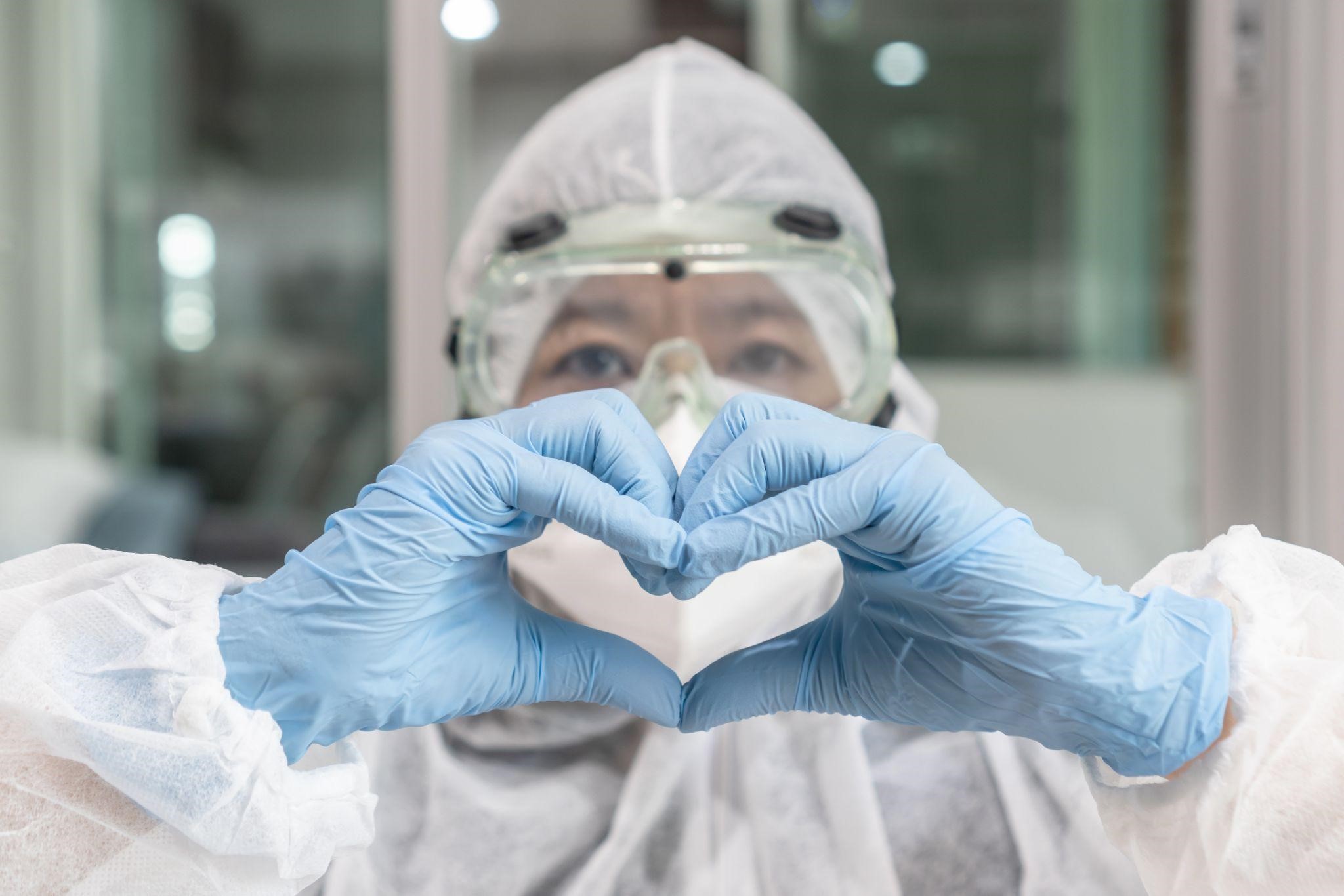
The lower income groups in Thailand were affected the most, and many were becoming aware of the additional hardship on their part. Enter The Happy Cabinet, a project wherein a cabinet is placed in the centre of the community, and anyone can put free food, sanitary supplies, and other essentials for those who have less—an idea that soon sprouted all over the country. What started as a small local initiative quickly garnered the attention of restaurants and large organisations that gave their own free survival kits and care packages for those in need. The Buddhist Temple, the centre of the Thai community, also provided free meals to anyone who needed them, as the Buddhist Supreme Patriarch also announced the temple’s support for and official collaboration in the project.
Even though COVID-19 threw Thailand (and the world) for a loop that we are all still reeling from, I believe we have embodied a uniquely Thai meaning of the indomitable human spirit. In our strength, there is a kind of gentleness; in our durability, a soft sort of understanding of one another; in our endurance, the promise of more, of better.
If 48% of Thais are fighters, then the other 52% are carers, uplifters, cheerleaders—and all of us, survivors.


